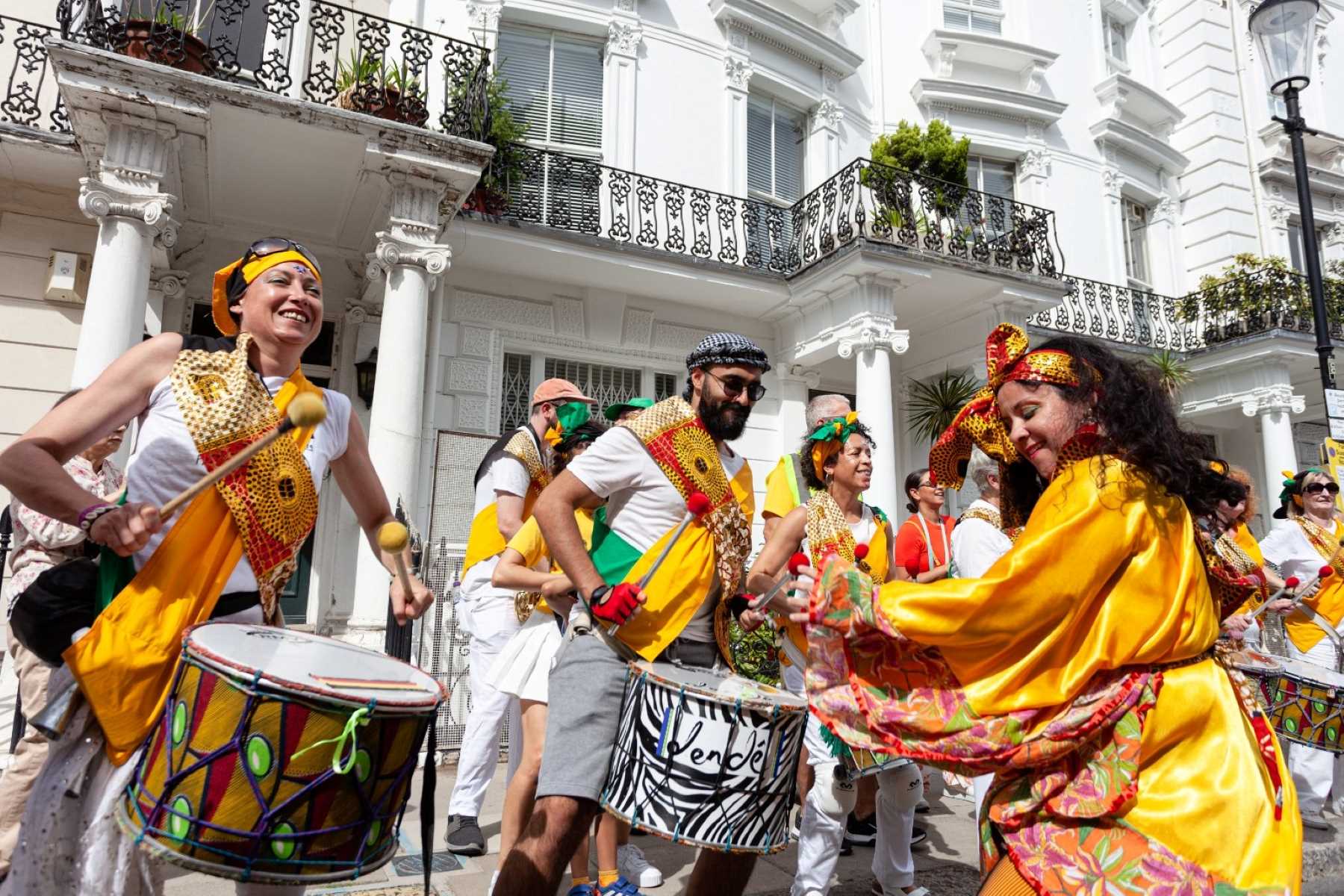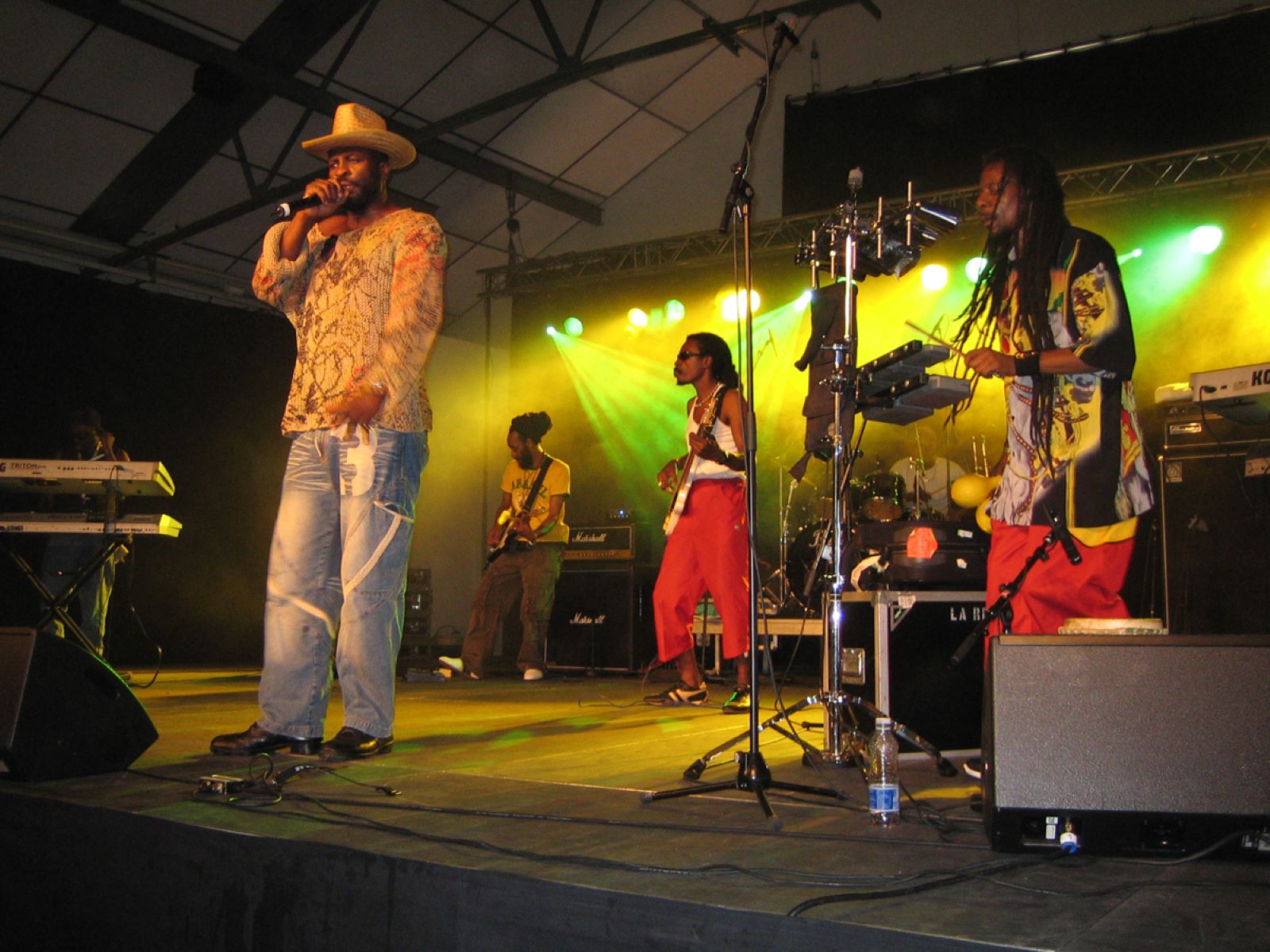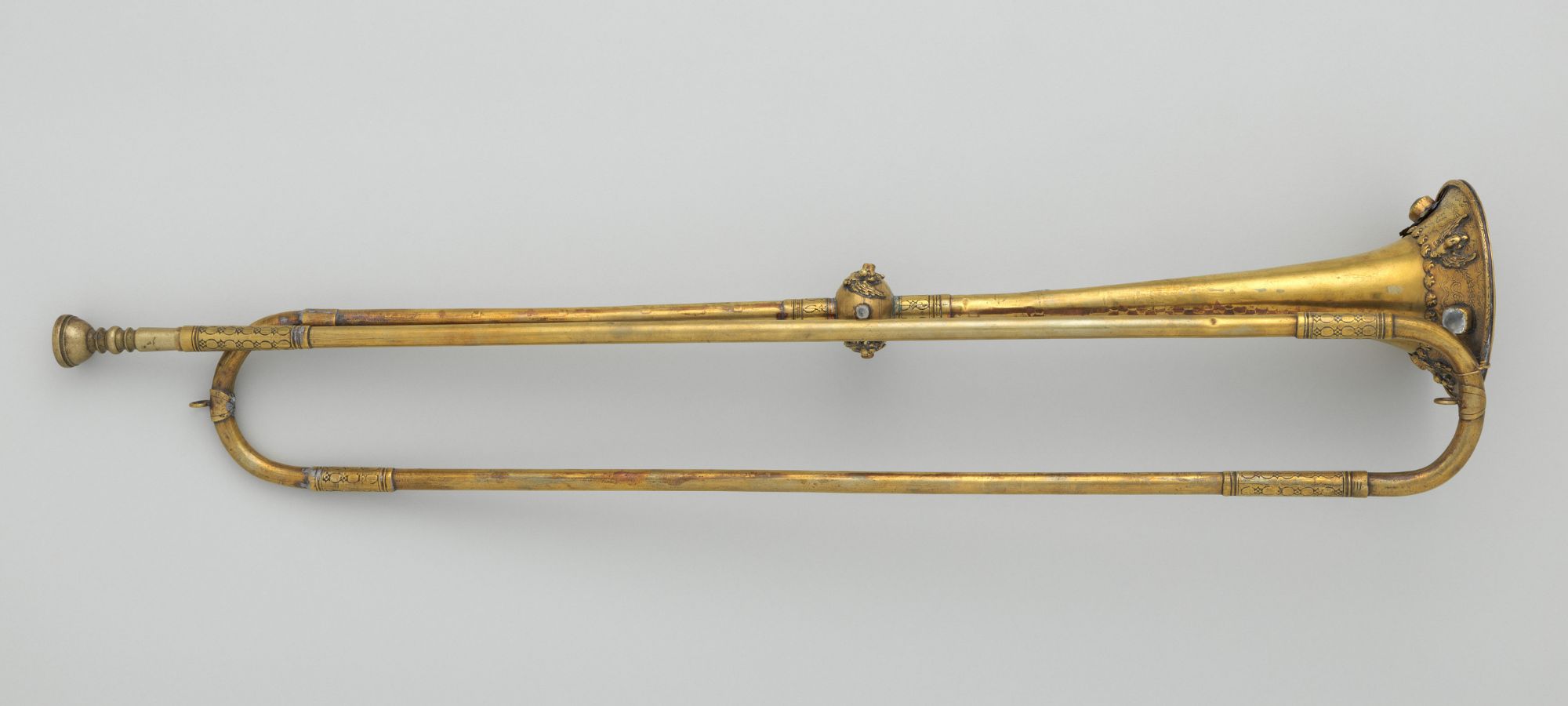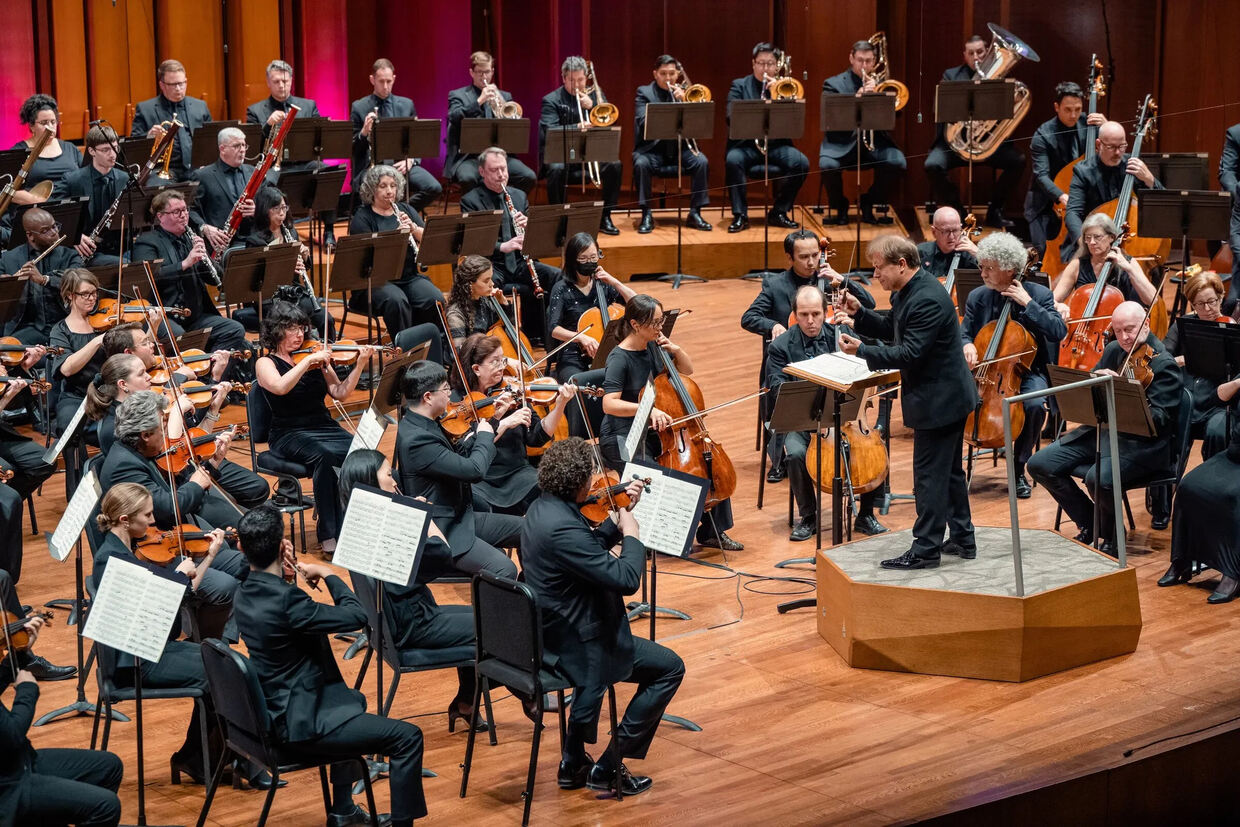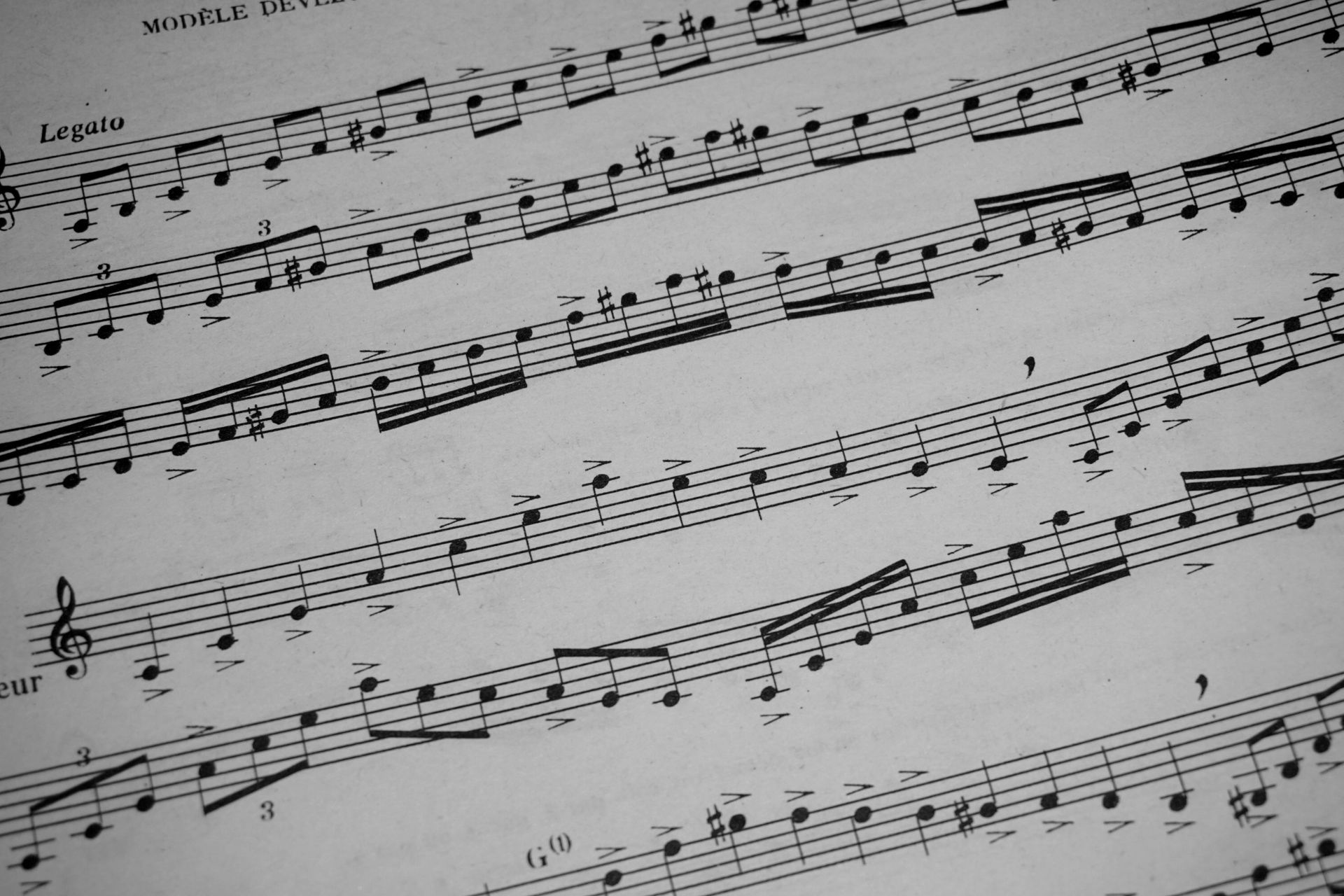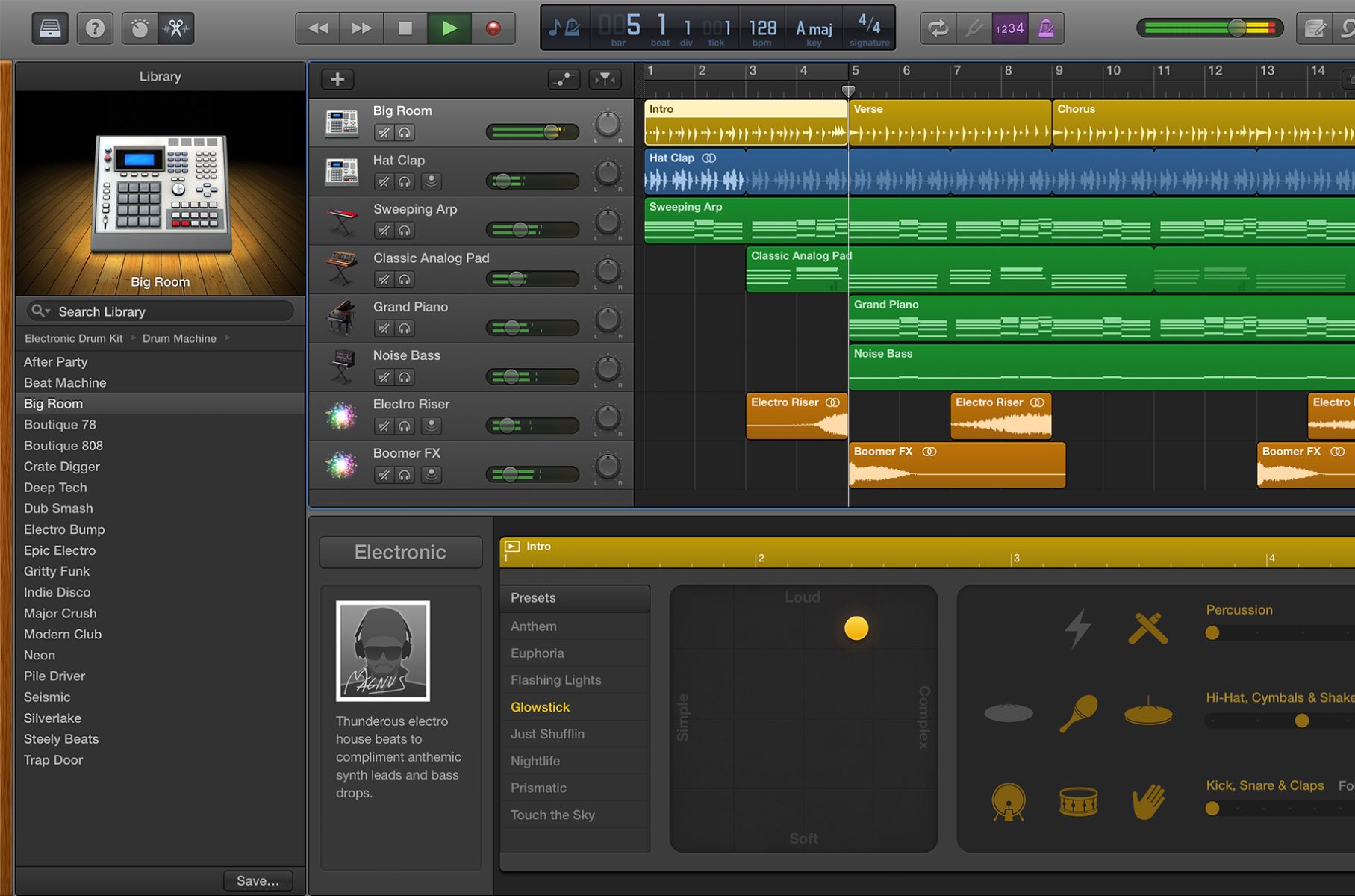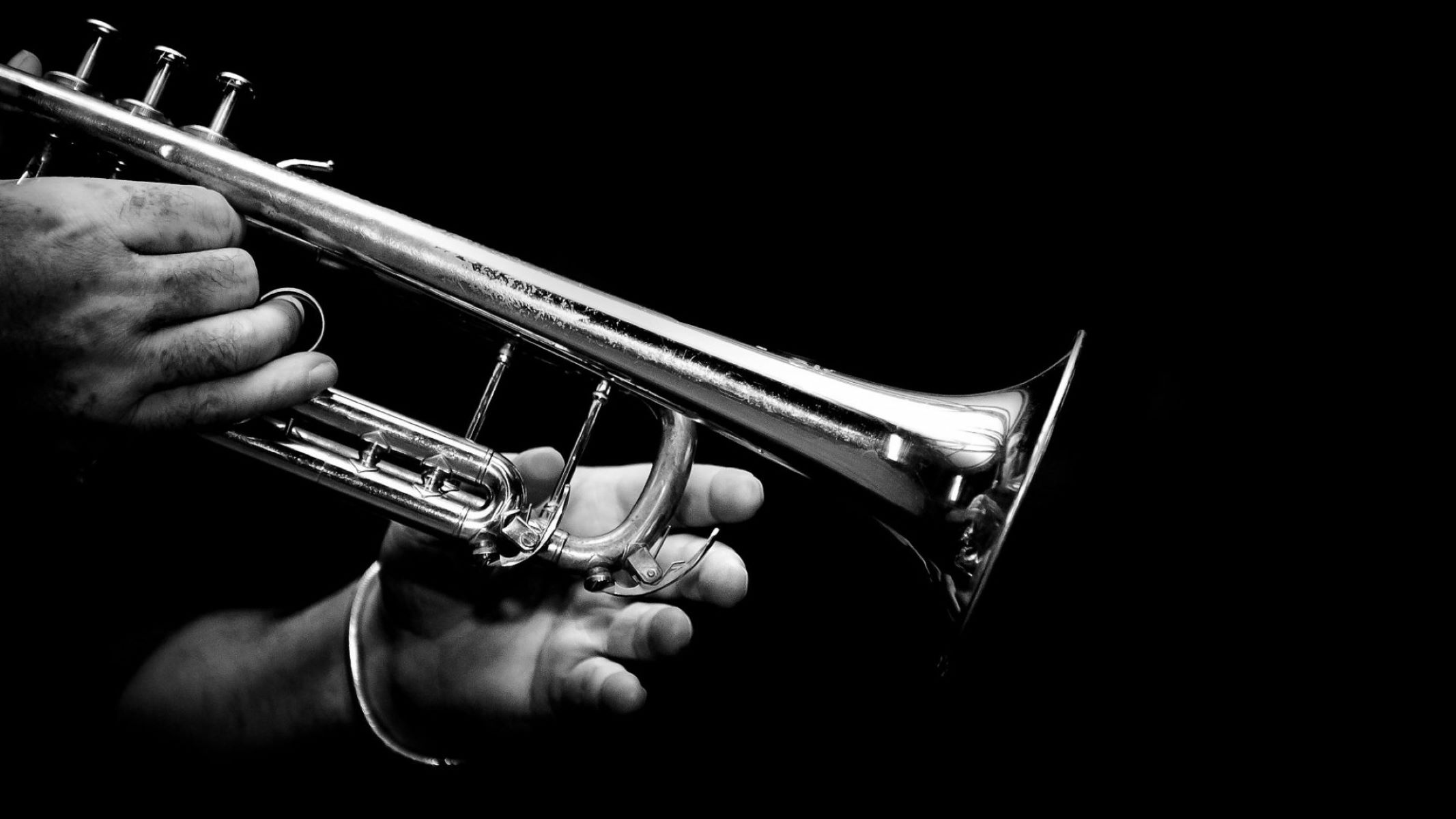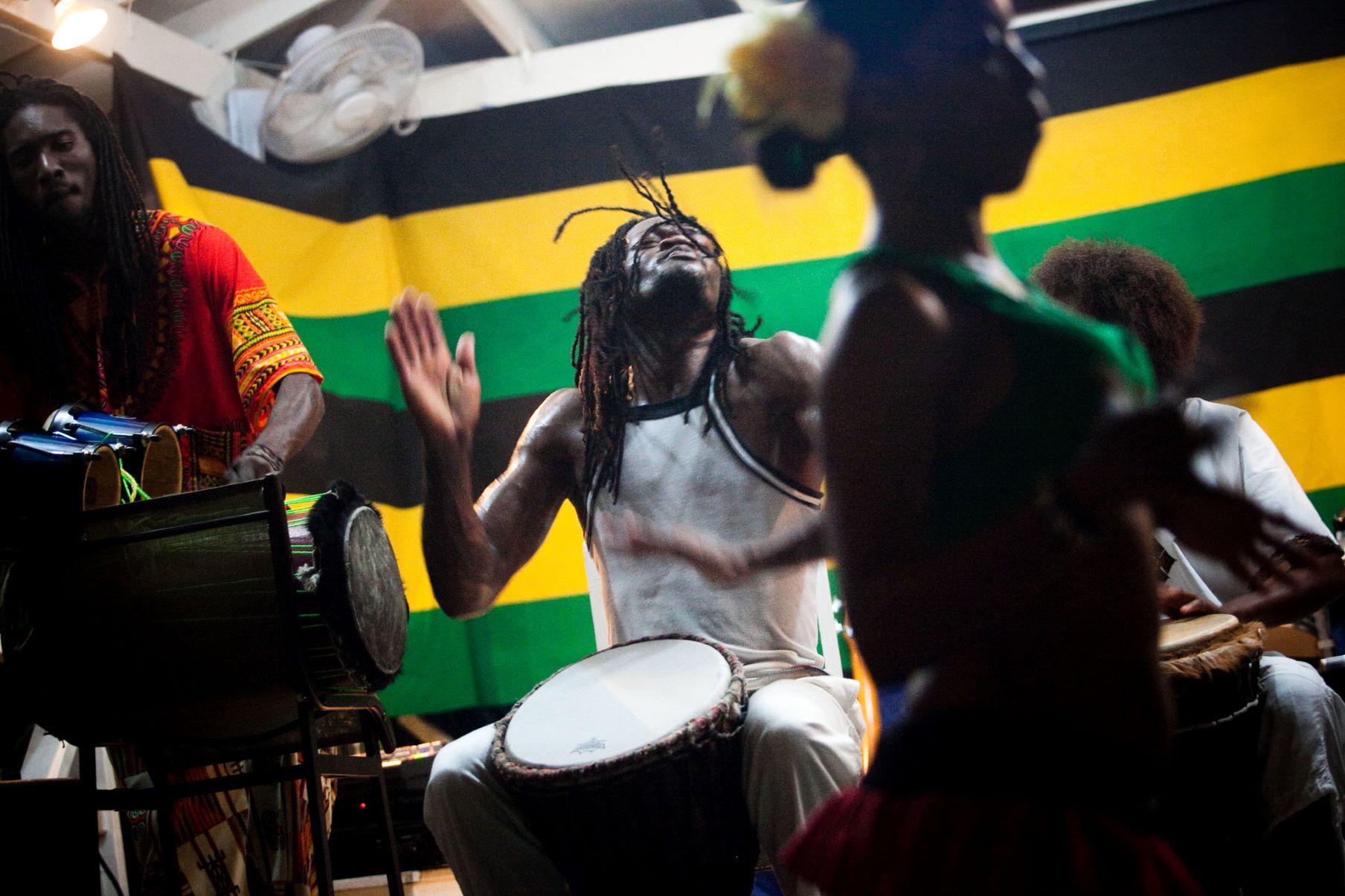Home>Genres>Reggae>How Is Reggaeton Music Different From Reggae


Reggae
How Is Reggaeton Music Different From Reggae
Modified: March 3, 2024
Discover the differences between Reggaeton music and Reggae. Uncover the unique rhythms, beats, and influences that set these two genres apart.
(Many of the links in this article redirect to a specific reviewed product. Your purchase of these products through affiliate links helps to generate commission for AudioLover.com, at no extra cost. Learn more)
Table of Contents
Introduction
Reggae and Reggaeton are two popular music genres with distinct histories and characteristics. While both have their roots in Caribbean music traditions, they have evolved independently, resulting in unique sounds and cultural influences. Understanding the differences between Reggae and Reggaeton is essential for appreciating their contributions to the music world.
Reggae originated in Jamaica in the late 1960s and gained international recognition through renowned artists like Bob Marley, Peter Tosh, and Jimmy Cliff. It is characterized by its laid-back rhythms, heavy basslines, and politically-charged lyrics that address social issues. Reggae music often carries a message of unity, peace, and resistance against oppression, making it a beloved genre that speaks to a generation.
On the other hand, Reggaeton emerged in the late 1990s in Puerto Rico as a fusion of Jamaican dancehall, Panamanian reggae en español, and hip-hop beats. Reggaeton features a faster tempo, catchy hooks, and a fusion of Spanish and English lyrics. Initially associated with underground and controversial themes, it has since gained mainstream popularity worldwide, thanks to artists like Daddy Yankee, Don Omar, and J Balvin.
With its infectious rhythms and energetic beats, Reggaeton has become a dominant force in Latin American and global music scenes, infusing its Caribbean roots with modern influences. While Reggae and Reggaeton share common Caribbean origins, they have evolved differently, giving rise to distinct musical styles that represent the unique cultural and artistic expressions of their respective communities.
In this article, we will delve into the origins, characteristics, musical elements, lyrical content, and global impact of both Reggae and Reggaeton. By exploring how these genres have shaped the music landscape, we can gain a deeper appreciation for their contributions and understand their significance in contemporary music.
What is Reggaeton Music?
Reggaeton music is a genre that originated in Puerto Rico in the late 1990s and has since gained immense popularity worldwide. It is a fusion of various musical styles, including Jamaican dancehall, reggae en español from Panama, hip-hop, and Latin rhythms. Reggaeton is characterized by its rapid beats, catchy hooks, and a unique blend of Spanish and English lyrics.
Reggaeton’s rise to prominence can be attributed to its infectious rhythms and energetic melodies, which have captivated audiences across the globe. The genre has evolved significantly over the years, not only in terms of its sound but also in terms of its cultural impact and representation.
Initially considered controversial and underground, Reggaeton was seen as a form of expression for marginalized communities. It tackled taboo subjects, social issues, and reflected the realities of urban life. However, as the genre gained mainstream attention, it underwent a transformation, incorporating elements of pop, EDM, and other genres to appeal to a wider audience.
Reggaeton has also become a vehicle for Latinx representation in the music industry. Emerging artists like Bad Bunny, J Balvin, and Ozuna have achieved international fame, paving the way for a new wave of Reggaeton stars. This has led to increased recognition of Latinx culture and a blending of Latin and global musical influences.
In recent years, Reggaeton has crossed over into the mainstream music scene, collaborating with artists from various genres, including pop, hip-hop, and R&B. These collaborations have not only expanded the genre’s reach but have also played a crucial role in breaking barriers and creating a more inclusive music industry.
Reggaeton’s catchy rhythms and infectious energy make it a staple at clubs, parties, and music festivals around the world. Its ability to merge diverse influences and connect with people on a visceral level speaks to its universal appeal and cultural significance. Whether it’s the pulsating beats, the catchy melodies, or the empowering lyrics, Reggaeton continues to shape the global music landscape and captivate millions of listeners.
In the next section, we will delve into the origins of Reggaeton, tracing its roots back to its Caribbean predecessors and the influences that shaped its distinct sound and style.
Origins of Reggaeton Music
The origins of Reggaeton music can be traced back to the Caribbean, specifically Puerto Rico, in the late 1990s. The genre emerged as a fusion of various musical styles, including Jamaican dancehall, reggae en español from Panama, and hip-hop influences from the United States.
One of the key contributors to the development of Reggaeton was Jamaican music, particularly dancehall. Puerto Rican DJs and artists began incorporating dancehall beats and rhythms into their music, creating a unique sound that resonated with local audiences. This fusion of Jamaican and Latin influences laid the foundation for what would later become known as Reggaeton.
Another significant influence on the genre’s emergence was reggae en español, which originated in Panama. Reggae en español featured Spanish-language lyrics over reggae rhythms, and it quickly gained popularity throughout the Caribbean and Latin America. Puerto Rican artists embraced the reggae en español style and incorporated it into their own music, further shaping the evolving Reggaeton sound.
At the same time, the emergence of hip-hop in the United States also played a significant role in the development of Reggaeton. Puerto Rican artists were heavily influenced by the rhythmic cadences, explicit lyricism, and urban themes of American hip-hop. They began incorporating hip-hop elements, such as rapping and storytelling, into their music, adding another layer of complexity to the emerging Reggaeton genre.
During this time, Reggaeton was primarily circulated through mixtapes and underground dancehall parties, where DJs played a crucial role in promoting and popularizing the genre. These DJs started experimenting with different beats, samples, and collaborations, contributing to the diversity and evolution of the Reggaeton sound.
One of the seminal moments in Reggaeton’s history was the groundbreaking album “Blin Blin Vol. 1” by DJ Blass, released in 1998. The album featured tracks from various Puerto Rican artists and showcased the emerging Reggaeton style to a wider audience. It marked a turning point in the genre’s popularity and set the stage for its subsequent global expansion.
As Reggaeton grew in popularity, it continued to evolve and incorporate influences from other genres, including pop, EDM, and Latin music. The genre’s cross-cultural fusion and willingness to experiment with different sounds have contributed to its longevity and broad appeal.
Today, Reggaeton has become a global phenomenon, with artists like Daddy Yankee, Don Omar, and Maluma dominating the charts and performing to sold-out crowds around the world. Its roots in Caribbean and Latin American music, combined with international influences, have created a vibrant and dynamic genre that continues to captivate audiences of all backgrounds.
In the next section, we will explore the characteristics that define the Reggaeton sound and distinguish it from other music genres.
Characteristics of Reggaeton Music
Reggaeton music is characterized by several distinct features that set it apart from other genres. These characteristics contribute to its energetic and infectious sound, making it a staple in clubs and parties worldwide.
Rhythmically, Reggaeton is known for its fast-paced beats, typically ranging from 85 to 105 beats per minute. The consistent use of a dembow rhythm, derived from Jamaican dancehall music, forms the foundation of many Reggaeton tracks. The dembow rhythm features a syncopated pattern that creates a bouncing and driving groove, encouraging listeners to dance and move to the music.
Another prominent characteristic of Reggaeton is the use of strong basslines. Deep and heavy bass sounds are prevalent in Reggaeton tracks, providing a powerful and pulsating presence that drives the music forward. The combination of the dembow rhythm and the deep bass creates a captivating and infectious sound that is instantly recognizable.
Reggaeton also incorporates a variety of electronic elements, such as synthesizers and drum machines, which add layers of texture and enhance the overall production value of the music. These electronic elements, combined with the traditional Latin percussion instruments like congas and timbales, contribute to the genre’s modern and contemporary sound.
Lyrically, Reggaeton often features a blend of Spanish and English lyrics, reflecting the multicultural and bilingual nature of its origins. The lyrics often touch upon themes of love, desire, partying, and street life, as well as societal and political issues. They convey both joyful and introspective messages, resonating with listeners on both an emotional and a cultural level.
Reggaeton music is also characterized by its catchy hooks and melodic structures. The incorporation of melodic vocal lines, sung or rapped by the artists, adds a melodic dimension to the energetic beats. These melodic hooks often become the most memorable and recognizable part of the songs, contributing to the genre’s mainstream appeal.
Furthermore, Reggaeton has a strong emphasis on collaborations between artists. It is common to see multiple artists featuring on a single track, creating a sense of community and unity within the genre. These collaborations not only add diversity and variety to the music but also foster a spirit of camaraderie among the artists.
In recent years, Reggaeton has continued to evolve, incorporating elements of other genres such as pop, trap, and even rock. This experimentation has resulted in a fusion of styles and sounds, expanding the boundaries of what defines Reggaeton and ensuring its relevance in contemporary music.
In the next section, we will compare and contrast Reggaeton with its predecessor, Reggae, highlighting the similarities and differences between these two influential genres.
Reggaeton vs. Reggae
Reggaeton and Reggae are two distinct music genres, each with its own cultural and artistic roots. While they share a common Caribbean heritage, they differ in terms of their origins, musical elements, lyrical content, and overall sound.
Reggae, originated in Jamaica in the late 1960s, is a genre known for its laid-back rhythms, catchy melodies, and socially conscious lyrics. It was popularized by iconic artists such as Bob Marley, Peter Tosh, and Jimmy Cliff. Reggae often incorporates elements of ska and rocksteady, and its signature upbeat yet relaxed tempo, known as the “one-drop,” encourages a sense of groove and unity among listeners. The lyrical content of Reggae typically focuses on themes of social justice, freedom, spirituality, and love, serving as a potent form of protest music.
Reggaeton, on the other hand, emerged in Puerto Rico in the late 1990s as a blend of Jamaican dancehall, reggae en español from Panama, and American hip-hop influences. It is characterized by its fast-paced beats, energetic rhythms, and a fusion of Spanish and English lyrics. Reggaeton incorporates elements of electronic music, Latin percussion, and catchy hooks to create its distinctive sound. Lyrically, Reggaeton often addresses themes of love, desire, partying, and urban life, reflecting the experiences and realities of its primarily Latinx audience.
Both Reggaeton and Reggae have had a significant impact on their respective cultures and have garnered international acclaim. Reggae, with its focus on social and political commentary, has been instrumental in speaking out against oppression and advocating for change. It has influenced countless artists and musical movements worldwide, serving as a cultural and political force.
Reggaeton, on the other hand, has played a crucial role in amplifying Latinx voices and creating a global platform for Latinx artists. Its fusion of Caribbean and urban sounds has captured the attention of a diverse audience, transcending borders and language barriers. Reggaeton has become a symbol of Latinx empowerment, celebrating Latin American identity and culture.
While there are similarities between Reggaeton and Reggae in terms of their Caribbean roots and themes of social consciousness, they differ in terms of their rhythms, instrumentation, vocal styles, and cultural contexts. Reggaeton’s incorporation of electronic elements and faster beats gives it a more contemporary and high-energy feel, whereas Reggae’s focus on groove and soulful melodies creates a more laid-back and introspective vibe.
Despite their differences, Reggaeton and Reggae have both made significant contributions to the global music landscape. They have served as vehicles for self-expression, cultural representation, and unity, bringing people together through the power of music.
In the next section, we will explore the musical elements that define both Reggaeton and Reggae and contribute to their unique sounds.
Musical Elements of Reggaeton and Reggae
Reggaeton and Reggae, while distinct genres, share certain musical elements that contribute to their sound and define their unique styles.
One of the key elements of Reggaeton is its use of rapid beats and infectious rhythms. Reggaeton typically features fast-paced tempos ranging from 85 to 105 beats per minute. The rhythmic foundation of Reggaeton is often built upon the dembow rhythm, derived from Jamaican dancehall music. The dembow rhythm consists of a syncopated pattern that creates a bouncing and energetic groove, encouraging listeners to groove and dance to the music.
Similarly, Reggae is characterized by its laid-back rhythms and relaxed tempos. Reggae often incorporates a steady off-beat pattern known as the “skank,” which is created by emphasizing the second and fourth beats of the measure. This rhythmic pattern gives Reggae its distinctive groove and provides a space for instrumental improvisation and expressive vocals.
Both genres also make use of prominent basslines to drive their respective sounds. Reggaeton is known for its heavy and deep basslines that create a powerful and pulsating presence in the music. The bass provides a driving force behind the energetic beats of Reggaeton, enhancing the overall impact of the genre. Similarly, Reggae features powerful basslines that give the music its distinctive resonance and add depth to the overall composition.
Another shared musical element is the use of distinct percussion instruments. Reggaeton incorporates Latin percussion instruments such as congas, timbales, and bongos, adding a layer of rhythm and texture to the music. These instruments contribute to the genre’s Latin and Caribbean roots, infusing the sound with a vibrant and dynamic feel.
In Reggae, the drum kit is often used to create the rhythmic foundation. Jamaican music traditions heavily influence the drumming style, with a focus on utilizing the snare, hi-hat, and bass drum to create syncopated patterns that drive the music forward.
Vocally, both genres exhibit distinct styles. In Reggaeton, artists employ a mix of rhythmic rapping and melodic singing, often combining Spanish and English lyrics. This dual vocal approach adds variety to the music and allows for different expressive styles. In contrast, Reggae is characterized by soulful singing and vocal harmonies. Artists in the Reggae genre often use their voices to convey powerful messages and emotions, adding depth and emotional resonance to the music.
Despite these shared elements, Reggaeton and Reggae remain distinct in terms of their overall sound, production techniques, and cultural contexts. These musical elements contribute to the unique identities of both genres, showcasing the rich diversity and creativity within the Caribbean and Latin music scenes.
In the next section, we will explore the lyrical content and themes present in both Reggaeton and Reggae, which play a significant role in shaping the cultural and social impact of these genres.
Lyrics and Content in Reggaeton and Reggae
The lyrics and content in Reggaeton and Reggae play a significant role in shaping the cultural and social impact of these genres. While they differ in language and themes, both genres address a range of topics that reflect the experiences, struggles, and aspirations of their respective communities.
In Reggaeton, lyrics often revolve around themes of love, desire, partying, and urban life. Many songs celebrate the joys of romance and relationships, while others explore themes of attraction and sensuality. The lyrics can be playful, flirtatious, and sometimes explicit, reflecting the genre’s roots in street culture and its connection to youth and urban experiences.
Reggaeton also provides a platform for addressing social issues faced by Latinx communities. Some artists use their music to shed light on the challenges of poverty, inequality, and discrimination. They offer critical commentary on social and political issues, serving as a voice for marginalized communities and advocating for change.
In contrast, Reggae lyrics often carry powerful messages of social consciousness, spirituality, and resistance against injustice. Reggae pioneers like Bob Marley and Peter Tosh used their music as a vehicle to highlight social and political issues, focusing on topics such as poverty, colonialism, racism, and freedom. Their lyrics spoke of unity, hope, and the importance of standing up for what is right.
Reggae’s lyrical content often incorporates Rastafarian philosophy, touching on themes of spirituality, African heritage, and the pursuit of inner peace. Rastafari ideals, such as the belief in the divinity of Emperor Haile Selassie I and the call for social and spiritual liberation, are frequently woven into the lyrics, lending the music a deeper spiritual and cultural significance.
In both genres, storytelling is an essential part of the lyrical narrative. Artists use their lyrics to share personal experiences, relate to their audience, and convey universal emotions. They often draw from their own lives and observations, creating a connection with listeners and allowing them to relate to the stories being told.
While Reggaeton primarily features Spanish lyrics, the genre has seen increased bilingualism, with artists incorporating English verses and phrases to reach a wider international audience. This bilingual aspect has contributed to the global popularity and crossover potential of Reggaeton.
Overall, the lyrics and content in both Reggaeton and Reggae reflect the cultural, social, and political climates of their respective origins. They serve as a means of self-expression, empowerment, and solidarity within their communities, resonating with listeners around the world and inspiring movements for change.
In the next section, we will delve into the influence and global impact of Reggaeton and Reggae, highlighting their contributions to the music industry and their enduring legacies.
Influence and Global Impact of Reggaeton and Reggae
Reggaeton and Reggae have both made significant contributions to the music industry and have had a profound global impact. These genres have transcended geographical boundaries, influencing artists and captivating audiences around the world.
Reggae, with its powerful messages of social justice and its infectious rhythms, has had a lasting impact on various genres and artists. It played a pivotal role in the development of ska, rocksteady, and later influenced the emergence of genres like dub, dancehall, and reggae fusion. Reggae’s influence can be heard in the works of countless artists across different musical genres, serving as a source of inspiration for their own music and lyrics.
Reggae’s cultural impact is evident in the worldwide recognition of iconic figures such as Bob Marley, who remains a symbol of unity and resistance against oppression. The message of love, peace, and social change conveyed through Reggae music has resonated with diverse audiences, fostering a sense of solidarity and promoting awareness of social issues on a global scale.
Similarly, Reggaeton has experienced a remarkable rise to popularity in recent decades, with its infectious rhythms and energetic beats captivating listeners worldwide. The genre’s fusion of Caribbean and Latin American influences combined with elements of hip-hop and electronic music has created a unique sound that appeals to a wide range of audiences.
The global impact of Reggaeton can be attributed to the success of artists like Daddy Yankee, Don Omar, and J Balvin, who have achieved international acclaim and have collaborated with prominent artists from different musical backgrounds. These collaborations have helped bridge gaps and create a sense of unity and cultural exchange within the music industry.
Reggaeton’s worldwide popularity has also opened doors for Latinx artists, breaking down barriers and expanding representation in mainstream music. This shift has not only cemented the genre’s place in popular culture but has also led to increased recognition and appreciation for Latin American music and culture as a whole.
Another testament to the global impact of Reggaeton and Reggae is the growing number of music festivals, events, and clubs dedicated to these genres. From the Caribbean to Europe, North America, and beyond, fans gather to celebrate the music, dance, and immerse themselves in the unique vibes of Reggaeton and Reggae.
Moreover, the influence of both genres extends beyond the music itself. Reggae and Reggaeton are cultural movements, representing the identities, struggles, and aspirations of their respective communities. They have become symbols of resilience, cultural pride, and social change, connecting people from different backgrounds and fostering a sense of belonging.
The global impact of Reggaeton and Reggae serves as a testament to the power of music as a vehicle for cultural expression, social commentary, and cross-cultural understanding. These genres continue to push boundaries, challenge norms, and reshape the global music landscape.
In the concluding section, we will recap the main points discussed in this article and highlight the enduring legacies of Reggaeton and Reggae.
Conclusion
Reggaeton and Reggae are two influential music genres with distinct origins, characteristics, and cultural impacts. While both genres have their roots in Caribbean music traditions, they have evolved independently, creating unique sounds that resonate with audiences worldwide.
Reggae, with its laid-back rhythms, socially conscious lyrics, and powerful messages of unity and resistance, has left an indelible mark on the global music landscape. Artists like Bob Marley and Peter Tosh have become cultural icons, their music serving as a timeless source of inspiration and social commentary.
Reggaeton, on the other hand, emerged from a fusion of Jamaican dancehall, Latin rhythms, and hip-hop influences. Its rapid beats, catchy hooks, and bilingual lyrics have catapulted the genre to global popularity, showcasing the vibrant and diverse Latin American music scene to a wider audience.
Both Reggaeton and Reggae have transcended geographical boundaries, influencing artists and connecting with listeners from different cultures and backgrounds. They serve as platforms for self-expression, empowerment, and social change, addressing a range of themes that reflect the experiences and aspirations of their respective communities.
Reggaeton and Reggae have also played significant roles in fostering cultural representation and bridging gaps within the music industry. Latinx artists have found a stronger presence and recognition through Reggaeton, while Reggae has brought awareness to the struggles and resilience of the Caribbean and African diaspora.
The enduring legacies of Reggaeton and Reggae are evident in the continued popularity of both genres and their influence on contemporary music. They remain important cultural movements, shaping identities, fostering unity, and promoting social awareness on a global scale.
As we appreciate the rich history and artistic contributions of Reggaeton and Reggae, let us also celebrate the power of music to transcend barriers, connect people, and inspire positive change. Through their rhythms, lyrics, and cultural significance, these genres continue to impact the world, leaving an indelible mark on the hearts and minds of music lovers everywhere.

